‘This means we can start to look at aging as a reversible disease,’ says Prof Shai Efrati; top geriatrician says he is skeptical, and raises concerns.



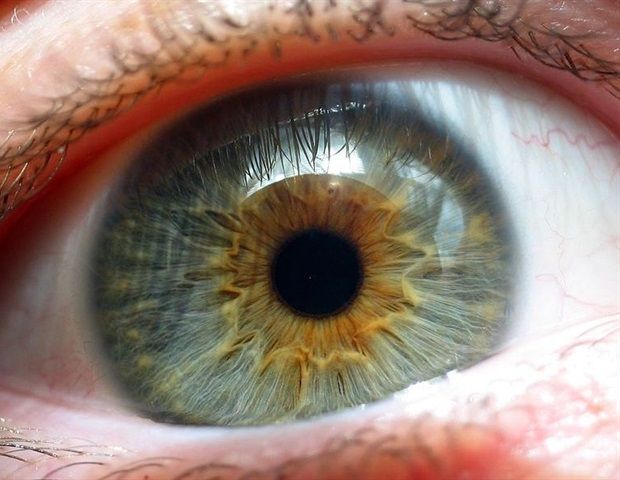
Age-related macular degeneration (AMD), which leads to a loss of central vision, is the most frequent cause of blindness in adults 50 years of age or older, affecting an estimated 196 million people worldwide. There is no cure, though treatment can slow the onset and preserve some vision.
Recently, however, researchers at the University of Rochester have made an important breakthrough in the quest for an AMD cure. Their first three-dimensional (3D) lab model mimics the part of the human retina affected in macular degeneration.
Their model combines stem cell-derived retinal tissue and vascular networks from human patients with bioengineered synthetic materials in a three-dimensional “matrix.” Notably, using patient-derived 3D retinal tissue allowed the researchers to investigate the underlying mechanisms involved in advanced neovascular macular degeneration, the wet form of macular degeneration, which is the more debilitating and blinding form of the disease.

Summary: People with cerebral small vessel damage who also had a leaky blood-brain barrier had more tissue damage after two years than those whose blood-brain barrier was intact.
Source: AAN
As people age, changes in the tiniest blood vessels in the brain, a condition called cerebral small vessel disease, can lead to thinking and memory problems and stroke. These changes can also affect the blood-brain barrier, a layer of cells that protect the brain from toxins circulating in the blood.
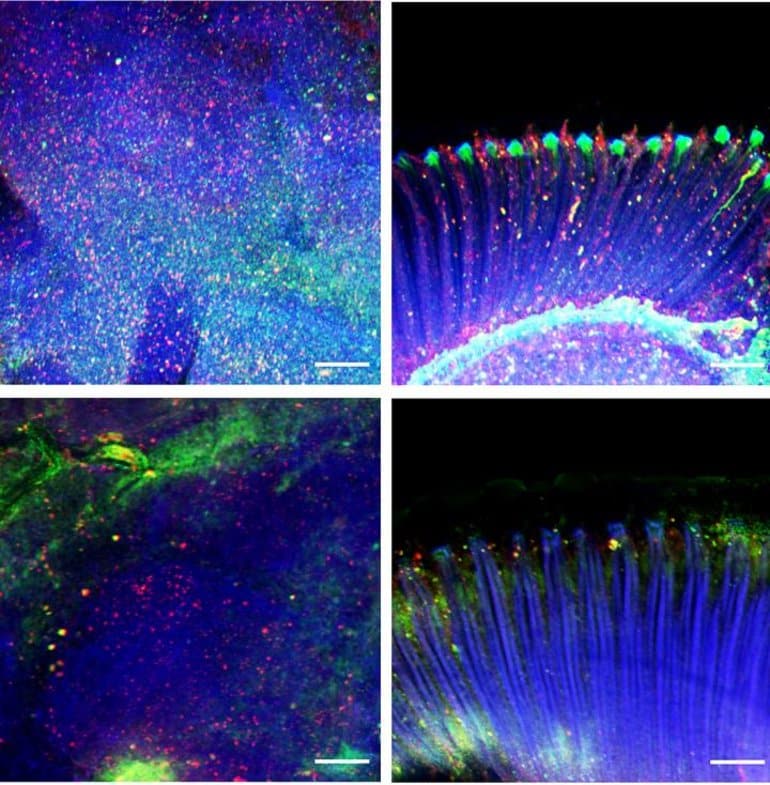
Summary: Mimicking a muscular stress system can provide neuroprotection against aging in both the brain and retina. The signal helps prevent the buildup of misfolded protein aggregates.
Source: St. Jude Children’s Research Hospital.
How do different parts of the body communicate? Scientists at St. Jude are studying how signals sent from skeletal muscle affect the brain.
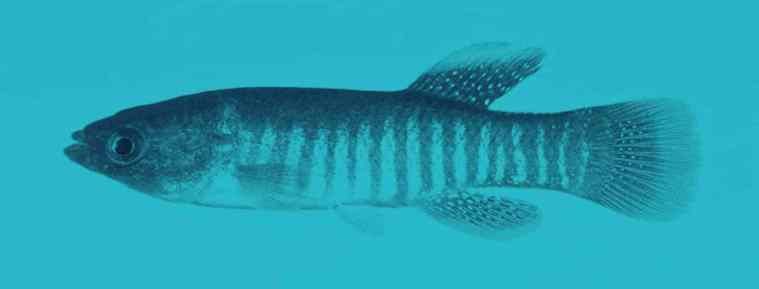
The more diverse your microbiome, the healthier you are. While diet is often presented to be the deciding factor in your microbiome diversity, the story isn’t so simple. Studies show that nutrition can determine 5%-20% of your gut microbiome, which is enough to concern yourself with, but not enough to rely on as the sole determinant of your microbiome’s health.
Does your gut microbiome have an impact on your longevity? And if so, what can you to live longer? It’s complicated.
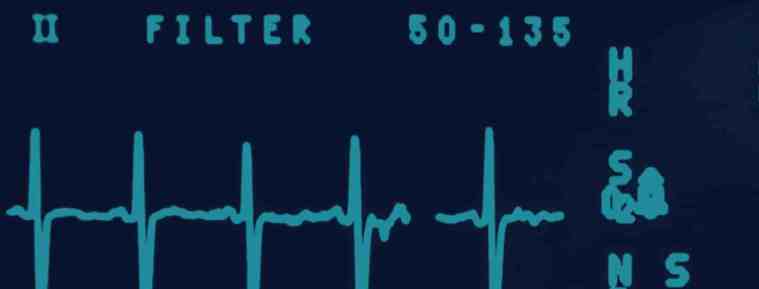
One wearable emerged victorious over the others in each of the three categories. I’m including the runners-up for context and to provide an alternative if you’re not convinced by my top pick.
Affiliate Disclaimer: Longevity Advice is reader-supported. When you buy something using links on our site, we may earn a few bucks.
I came to the human life extension community not as a spanner (initially), biohacker, or a young person filled with existential dread, but as a person obsessed with quantified self. As a teen, I used pencil and paper to track my sleep and my food intake. As a college student, I wore a pedometer and tracked my daily steps on a spreadsheet. In 2014, Fitbit released the Fitbit Force, and since then I’ve had some version of top wearable on my wrist, continuously tracking what I do.
The feedback I’ve gotten from these devices is exceptional. I know that I gain, on average, 1.7 pounds before every menstrual cycle, and that I lose that weight about a day before it’s finished. I know that I need about seven hours and 40 minutes of sleep every night to feel well-rested. I know that if I get at least 40 minutes of cardio on one day, the following day my resting heart rate is a beat or two lower than my overall average. Knowing my body this well puts me in a great place to know if something is going wrong, if I need to reconfigure my lifestyle to push my metrics in the right direction.
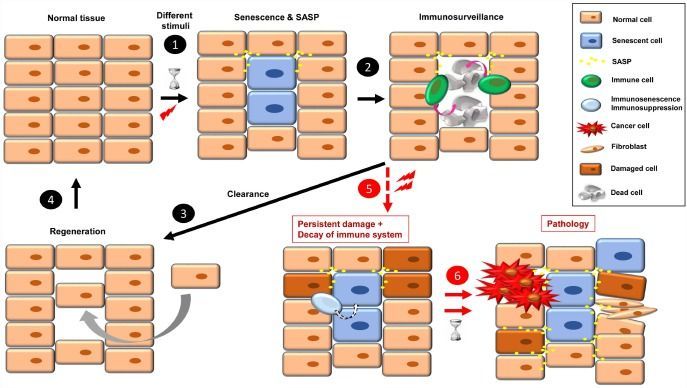
Cellular senescence is a hallmark of aging, whose onset is linked to a series of both cell and non-cell autonomous processes, leading to several consequences for the organism. To date, several senescence routes have been identified, which play a fundamental role in development, tumor suppression and aging, among other processes. The positive and/or negative effects of senescent cells are directly related to the time that they remain in the organism. Short-term (acute) senescent cells are associated with positive effects; once they have executed their actions, immune cells are recruited to remove them. In contrast, long-term (chronic) senescent cells are associated with disease; they secrete pro-inflammatory and pro-tumorigenic factors in a state known as senescence-associated secretory phenotype (SASP). In recent years, cellular senescence has become the center of attention for the treatment of aging-related diseases. Current therapies are focused on elimination of senescent cell functions in three main ways: i) use of senolytics; ii) inhibition of SASP; and iii) improvement of immune system functions against senescent cells (immunosurveillance). In addition, some anti-cancer therapies are based on the induction of senescence in tumor cells. However, these senescent-like cancer cells must be subsequently cleared to avoid a chronic pro-tumorigenic state. Here is a summary of different scenarios, depending on the therapy used, with a discussion of the pros and cons of each scenario.
Keywords: cellular senescence, senolytics, senomorphics, immunosurveillance, anti-aging therapies.
Cellular senescence is a stress response mechanism induced by different types of insults such as telomere attrition, DNA damage, and oncogenic mutations, among others [1]. First described in cultured human diploid fibroblasts after successive rounds of division [2], its main hallmarks are irreversible growth arrest, alterations of cell size and morphology, increased lysosomal activity, expression of anti-proliferative proteins, resistance to apoptosis, activation of damage-sensing signaling routes. Another important characteristic is the regulated secretion of interleukins (ILs), inflammatory factors, chemokines, proteases and growth factors, termed the senescence-associated secretory phenotype (SASP) [3].


The results of this study demonstrate a clear relationship between psychopathology and rate of aging. Remarkably, this relationship was obvious by the age of 45. By that time, those with the upper 10% of psychopathology factor (p-factor) scores had aged approximately 5.3 more years than those with the lowest 10% of p-factor scores.
Is a history of psychiatric illness associated with more rapid aging?